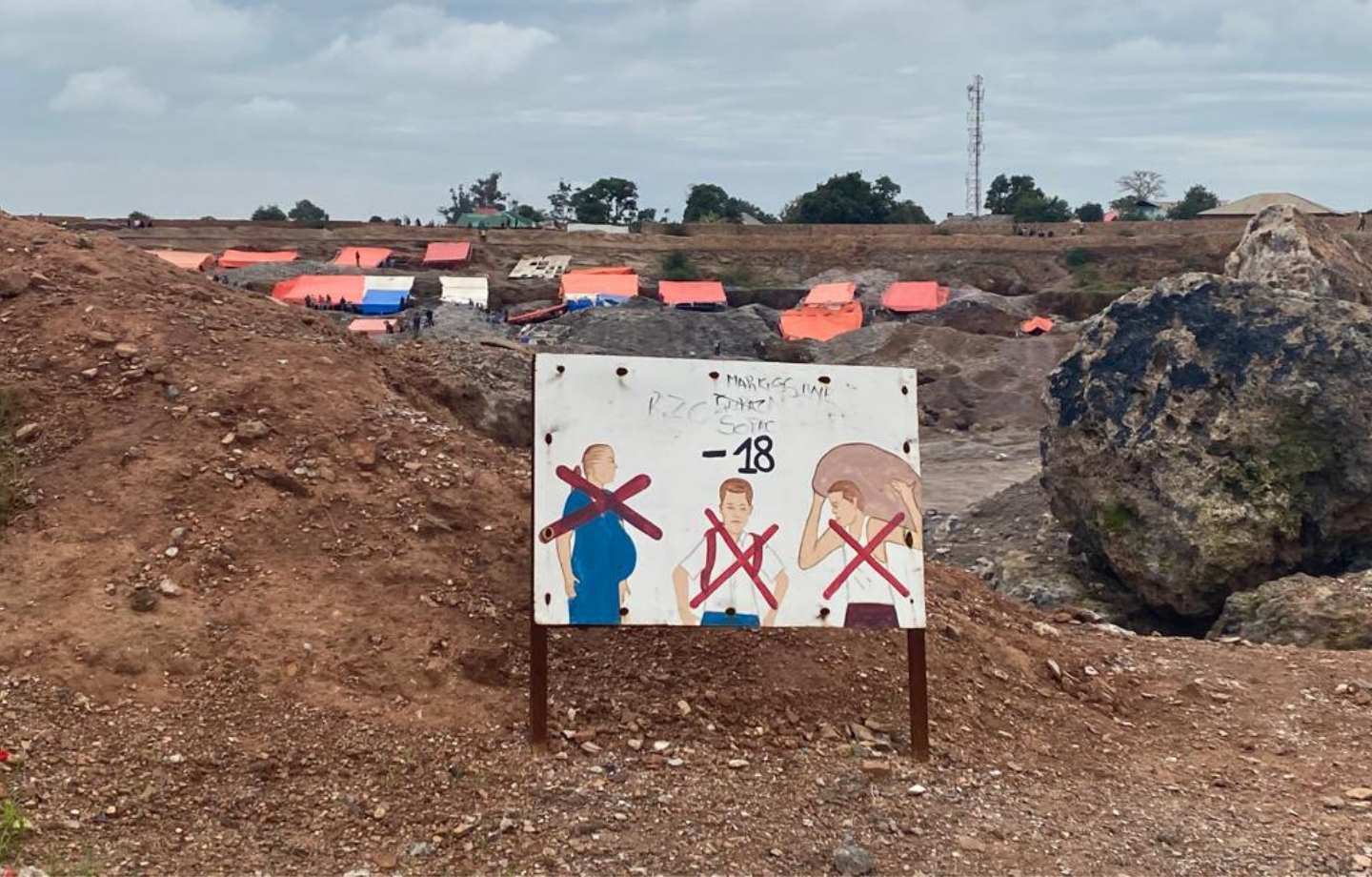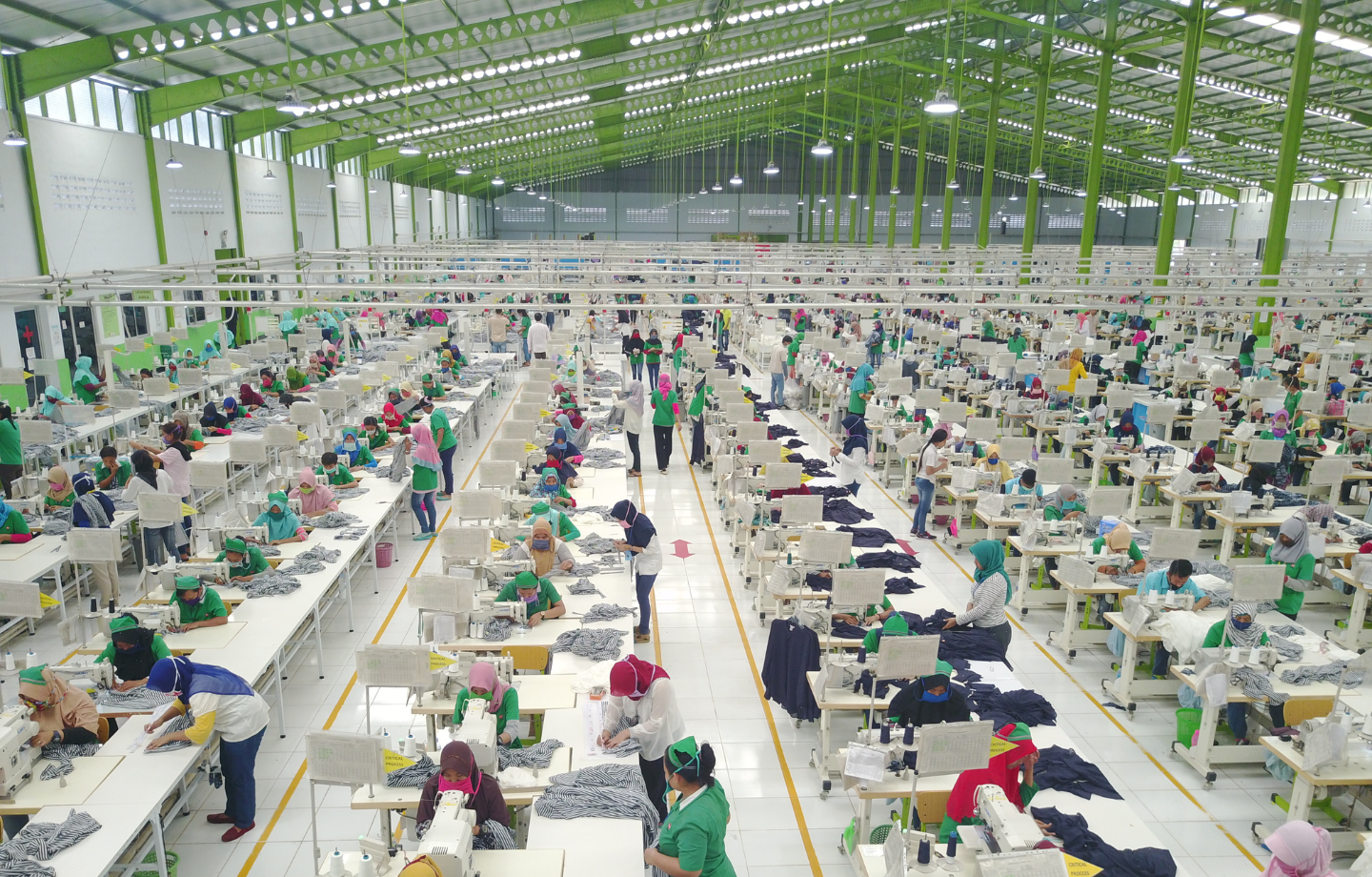Why Companies Need to Resist the Potential Chilling Effect of The EU’s New Human Rights Due Diligence Legislation

May 30, 2024
On May 24, the European Council gave its final approval to the Corporate Sustainability Due Diligence Directive (CSDDD). The CSDDD creates legal liability for companies that fail to respect certain social and environmental standards. Coupled with the reporting requirements in the Corporate Sustainability Reporting Directive (CSRD), companies in the European Union are facing stricter legal accountability for human rights than ever before.
The reactions of companies to new human rights due diligence legislation vary but we are already observing the following chilling effects:
1. Diminishing sustainability departments
Even companies that in principle support the adoption of CSDDD, are now complaining about the human rights bureaucracy that the various EU enactments will necessitate. Companies appear to be channeling their efforts into ensuring legal compliance, while avoiding remediation. The directive also appears to encourage companies to shift large parts of the human rights work done by sustainability professionals to legal compliance employees.
This compliance-only focus is hopefully only temporary, until reporting systems are set up. Sustainability departments should not be merged with compliance departments. Companies that reduce protection of human rights to the mechanics of legal requirements will miss both business risks and business opportunities.
2. Excess pressure on supply chain partnerships
With legislation in place, companies are suddenly waking up to the need to assess human rights risks across their entire supply chains. This requires companies to intensify their supply chain mapping efforts, down to raw material sources. Such mapping is necessary to even start managing human rights risks, and some companies might find more risks than they want to know about.
Some companies are solving this challenge by outsourcing responsibility for production conditions to smaller and medium-sized companies in their supply chains. These supply chain partners are then put in charge of conducting human rights due diligence on behalf of the downstream company. This responsibility may exceed the capacity of these smaller companies. Without additional financial support and capacity-building they will not be ready to deliver on the new legal requirements. Moreover, for key issues, downstream companies should not outsource responsibility; instead, they should get involved themselves.
3. Discouraging stakeholder engagement
In recent years, many companies have begun to discuss sustainability with key stakeholders, such as civil society organizations and local communities. While the new legislation requires engagement with rights holders to assess the materiality of a company’s human rights work, the incentives to disclose human rights dilemmas to concerned stakeholders—and discuss those dilemmas candidly—are now hampered by legislation that punishes non-compliance. Many operating contexts, however, require companies to engage with systemic societal challenges such as poverty or ethnic conflicts to effectively address human rights abuses. Sadly, given the punitive aspects of the legislation, companies are now either silently quitting such business contexts altogether or are dealing with complex issues alone, without the involvement of external stakeholders.
These chilling effects of human rights due diligence legislation can also make conducting research on a company’s human rights performance more difficult. Winning the trust of companies is harder when the legal compliance stick is looming.
And yet. The dynamics described here should not become an excuse for corporate evasion or inaction. Companies seeking to do business in a socially responsible manner should withstand these potentially chilling effects and set up robust systems and collaborations to make human rights a reality in everyday business.
 Global Labor
Global Labor Business & Human Rights Leadership
Business & Human Rights Leadership


